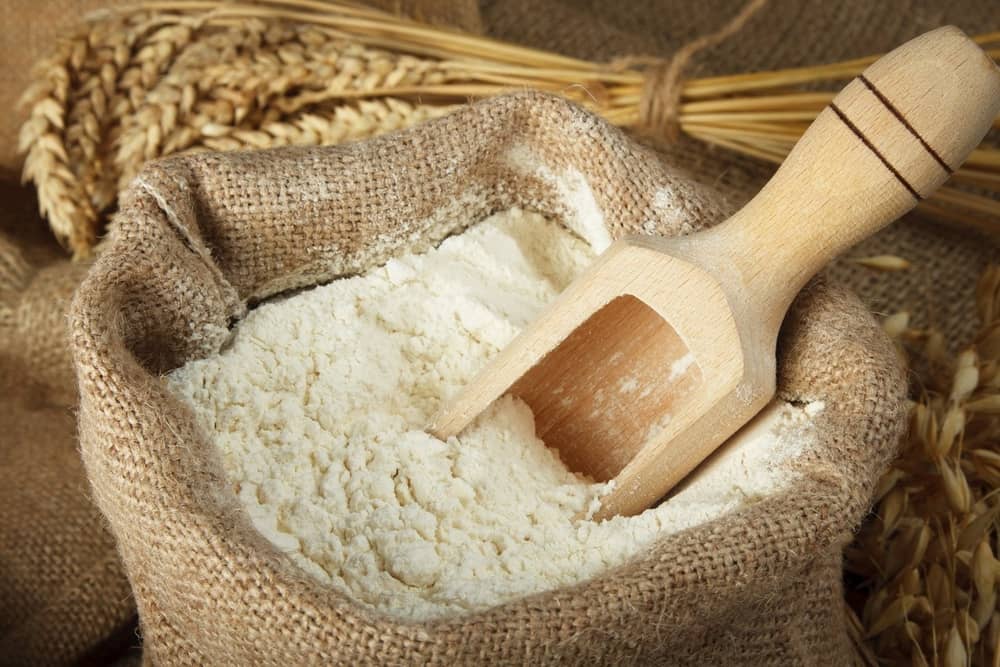 Updated on: January 18th, 2023 6:00 PM
Updated on: January 18th, 2023 6:00 PM
Hsn Codes & Gst Rates for Rice, Wheat, Cereals & Flour
GST rates are specified by the GST Council in 5 slabs, namely 0%, 5%, 12%, 18% and 28%. With GST rollout set to begin from 1st July 2017, businesses are required to obtain GST registration and ensure that their tax invoice conforms to the GST invoice format rules. In this article, we look at the GST on rice, wheat, cereals and flour which are classified under chapter 10 and chapter 11 of the HSN code, on cereals and products of the milling industry; malt; starches; inulin; wheat gluten.GST Rate for Cereals
Cereals are listed under chapter 10 of the HSN code. Further, all goods listed under chapter 10 of the HSN code on cereals are exempt from GST in India. The below mentions the list of items under chapter 10 of the HSN code:- Wheat and meslin
- Rye
- Barley
- Oats
- Maize (corn)
- Rice
- Grain sorghum
- Buckwheat, millet and canary seed; other cereals such as Jawar, Bajra, Ragi.
GST Rate for Products of Milling Industry
The following items under chapter 11 of the HSN code attract no GST:- Flour
- Aata, maida, besan etc. [other than those put up in a unit container and bearing a registered brand name].
- Wheat or meslin flour.
- Cereal flours other than of wheat or meslin, i.e. maize (corn) flour, Rye flour, etc.
- Cereal groats, meal and pellets, other than those put up in a unit container and bearing a registered brand name
- Flour, of potatoes (other than those put up in a unit container and bearing a registered brand name)
- Flour, of the dried leguminous vegetables (pulses), of sago or roots or tubers or the products of Chapter 8 of the HSN code like tamarind, of singoda, mango flour, etc.
- Cereal groats, meal and pellets, put up in a unit container and bearing a registered brand name.
- Cereal grains otherwise worked (for example, hulled, rolled, flaked, pearled, sliced or kibbled), except rice; germ of cereals, whole, rolled, flaked or ground [i.e. of oats, maize or other cereals]
- Meal, powder, flakes, granules and pellets of potatoes
- Meal and powder of the dried leguminous vegetables (pulses), of sago or roots or tubers or the products of chapter 8 of HSN code, i.e. of tamarind, of singoda, etc.
- Wheat gluten, whether or not dried
Popular Post

In the digital age, the convenience of accessing important documents online has become a necessity...

The Atalji Janasnehi Kendra Project that has been launched by the Government of Karnataka...

The Indian Divorce Act governs divorce among the Christian couples in India. Divorce...

When an individual has more than a single PAN card, it may lead to that person being heavily penalised, or worse,...

Employees Provident Fund (PF) is social security and savings scheme for employee in India. Employers engaged...


